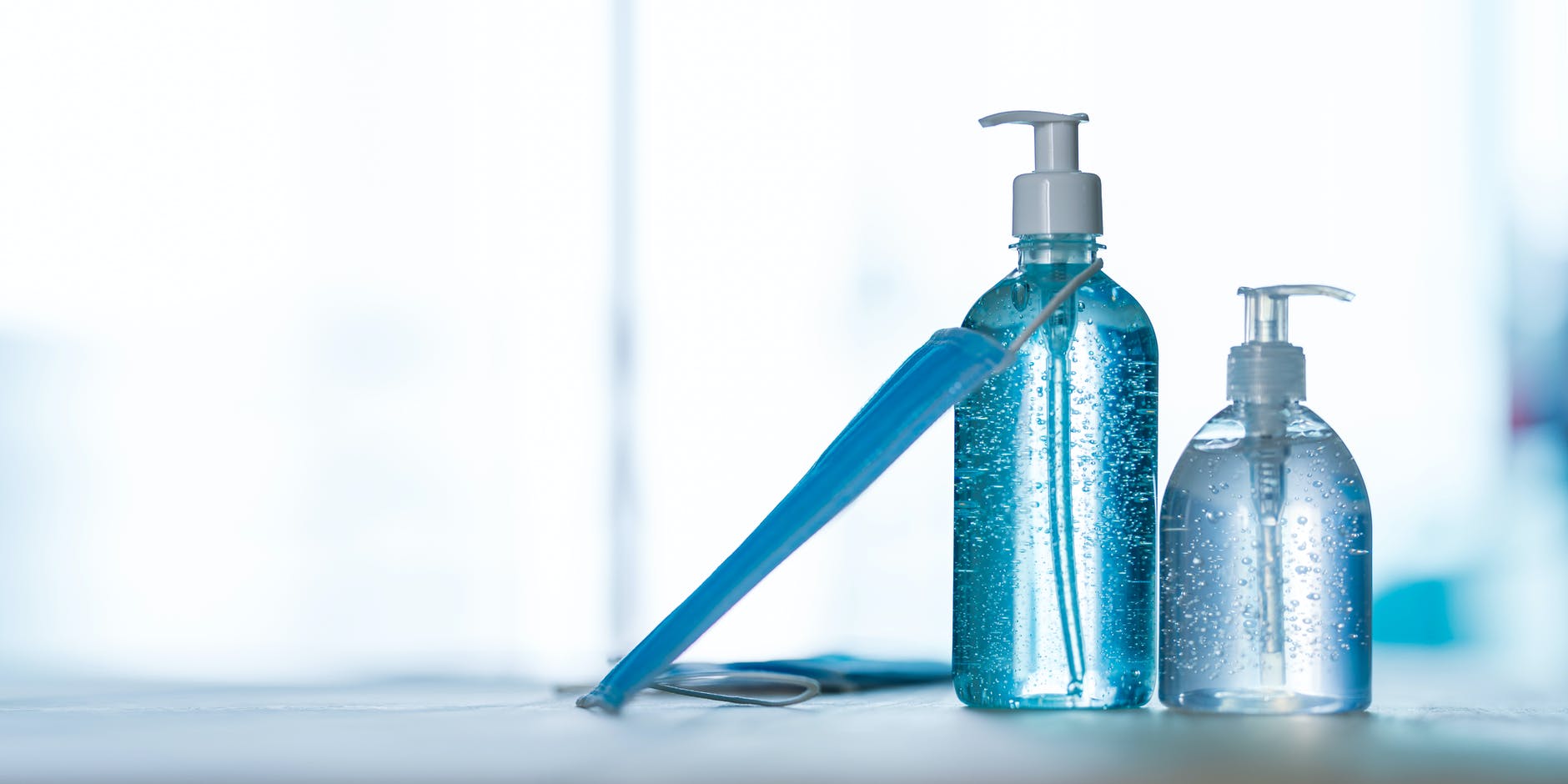Article by Gerard Hornby, Esq.
In May 2020, Dennis Avicolli purchased hand sanitizer. Two months later, the manufacturer recalled the product because it contained methanol. Unfortunately, neither Dennis Avicolli nor his wife saw this recall notice, and, Mrs. Avicolli later drank the hand sanitizer, suffering injuries. The Avicollis soon brought suit against the manufacturer, distributor, and also the retailer where Mr. Avicolli purchased the sanitizer, BJ’s Wholesale Club, in the Eastern District of Pennsylvania alleging product defect.
BJ’s moved to dismiss the complaint, arguing that the hand sanitizer was a “covered countermeasure” under the federal Public Readiness and Emergency Preparedness Act (PREP Act). The PREP Act provides immunity to certain entities that manufacture, distribute, or dispense covered countermeasures (such as drugs, biological products, or devices that are determined to be a priority) in an effort to incentivize the supply of goods needed to combat public health emergencies like the Covid-19 pandemic. BJ’s argued that it was protected by the immunity granted by the PREP Act as a supplier of hand sanitizer.
The court, however, disagreed (for now) and denied BJ’s motion in Avicolli v. BJ’s Wholesale Club, Inc., 2021 U.S. Dist. LEXIS 67096 (E.D. Pa. April 7, 2021). The court held that BJ’s had not established immunity as a matter of law, since the Avicolli’s pleading did not exclude the possibility that BJ’s acquired the hand sanitizer before the pandemic began, and thus not in response to the pandemic through the specific means of distribution authorized by the Secretary of Health.
In reviewing the 12(b)(6) motion, the court was limited to the pleadings and accepted all well-pleaded allegations as true. Because the Avicollis failed to plead that BJ’s had purchased the sanitizer after the pandemic began—and not before—the court had no basis from the face of the allegations to conclude that BJ’s was covered by the PREP Act’s immunity.

